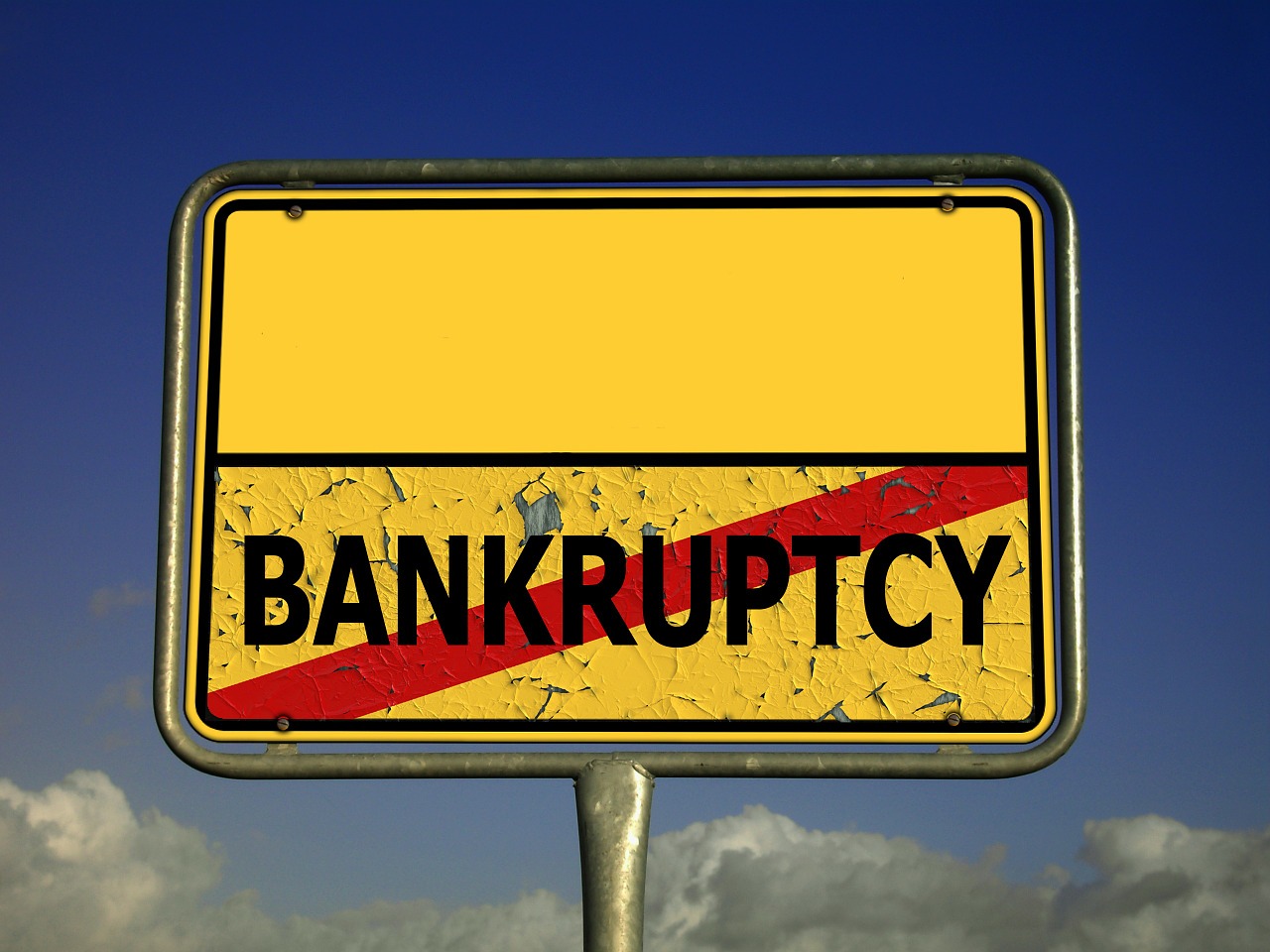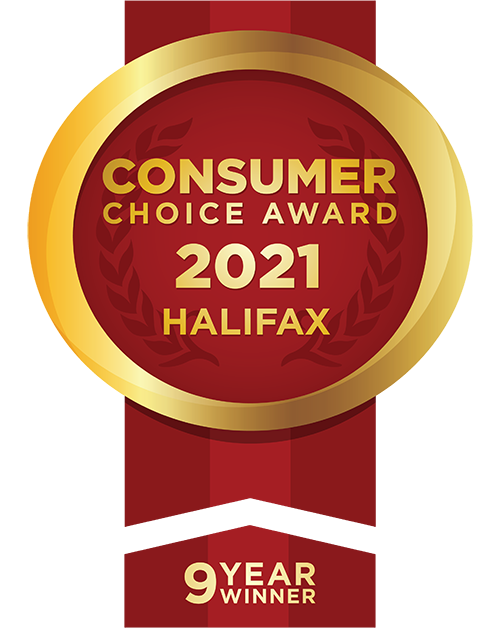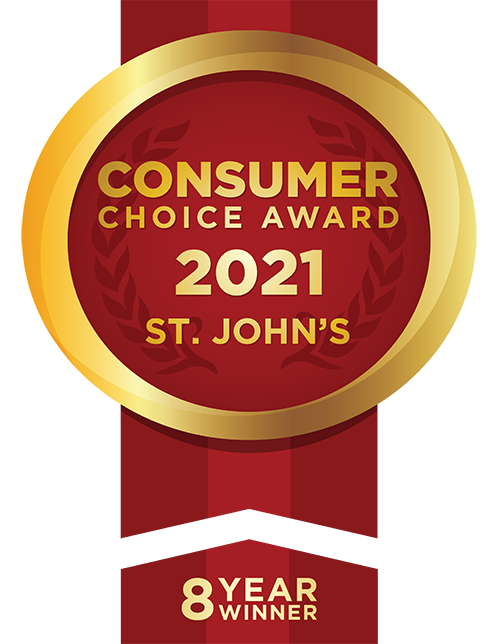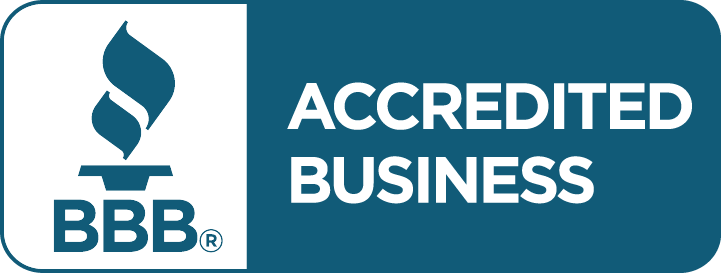Filing for bankruptcy is often a last resort for those trying to take control of their finances. Depending on your financial situation, filing for bankruptcy may or may not help you. For instance, bankruptcy excludes secured debts like vehicles and mortgages. It also excludes student loans that are less than seven years old and any back alimony and child support. If you have credit card bills that you recently racked up, filing for bankruptcy may not help you get back on track.
Bankruptcy may seem like the easy way out, but it has severe long-term repercussions that you should consider.
Downsides to bankruptcy
- Your credit report will take a hit for six years after you are discharged from a first bankruptcy, and 14 years after filing for a second bankruptcy, making it almost impossible to get access to credit. This means you won’t qualify for a mortgage or a car loan for several years
- You may end up filing for bankruptcy again. One in five Canadians who filed for bankruptcy in 2018 was doing it for at least the second time. Bankruptcy has a repeat rate of 22% compared to credit counselling, which has a repeat rate of less than 1%.
- You may lose assets. If you have a new car with no loans against it or a house that is worth a lot more than the remaining mortgage, you may lose equity in those assets.
- If you made any RRSP contributions in the 12 months prior to filing bankruptcy, you will lose those contributions.
- You lose your tax refund for the year of bankruptcy, and any prior years that you have not yet received.
Alternatives to bankruptcy
If you think that you might need to file for bankruptcy, talk to a credit counsellor first. A not-for-profit credit counselling agency such as SolveYourDebts.com will always have your best interest at heart and will help you try to avoid bankruptcy wherever possible. They will review your financial situation in detail and speak to you about possible options, which may or may not be bankruptcy alternatives. Some alternatives to bankruptcy may include:
- Consumer Proposal. Like bankruptcy, a consumer proposal is arranged by a trustee. It is a legal process and a matter of public record. You make your required monthly payments on the debts that you owe. Your creditors do have the option to disagree or agree with your proposal. The impact on your assets is one of the primary differences between a consumer proposal and bankruptcy. In bankruptcy, you give up assets in return for your obligations being discharged. A consumer proposal allows you to repay a portion of your debts while preserving your assets.
- Debt Settlement. Debt settlement is where your creditors receive a lump sum of money that is often lower than what you owe, and the rest is written off. From the lender’s point of view, they’d rather get some money than no money. Typically, a credit counsellor will negotiate with the creditor on a specific amount for you to pay. Let’s say you owe a credit card company $1,300. Your credit counsellor would talk with the company’s representative and negotiate a lower payment, such as $750 or $1,000. The lump sum amount is generally lower than the total amount you owed. Your counsellor would negotiate a debt settlement with each of your creditors. Debt Settlement only applies if you have access to the funds.
- Debt Consolidation Plan. A debt consolidation plan is actually a loan. All of your debts are added together to determine the total amount needed to eliminate all of your debts, and then a bank lender will give you a loan for that amount. The new loan would pay off all your creditors and in exchange, you make one payment each month to the bank instead of multiple payments to various creditors.
- Consolidated Debt Management Plan. Instead of taking out a loan and dealing with a new lender (the bank), many people decide to pursue a debt management plan. Unlike debt consolidation, this does not involve taking out a loan. All of your bills and other debts are added together, or consolidated, and the creditors working with your credit counselling organization will provide some sort of discount on the money owed. This may be waiving interest charges while you are making payments or lowering your interest rate to make it easier to continue your payments.
How to decide which bankruptcy alternative is best for you
There is no standard answer for which bankruptcy alternative is best, because it all depends on your financial situation. For some, A Debt Management Plan may be the best option while for others, a consumer proposal or bankruptcy may be necessary. To find out which is the right solution for you, contact an accredited credit counselling agency. A counsellor will:
- Answer your questions and explain what you should know about filing for bankruptcy or dealing with debts.
- Perform a detailed assessment of your financial situation
- Inform you of all of your bankruptcy alternatives and help you determine the best solution
- Teach you how to budget and live within your means so that you can stay out of debt
- Refer you to a trusted bankruptcy trustee if filing for bankruptcy is your best option
If you are having a financial crisis, and you’d like to avoid bankruptcy, contact SolveYourDebts.com today for a free consultation. Our intensive and personalized approach to credit counselling could be the lifeline you are looking for.











